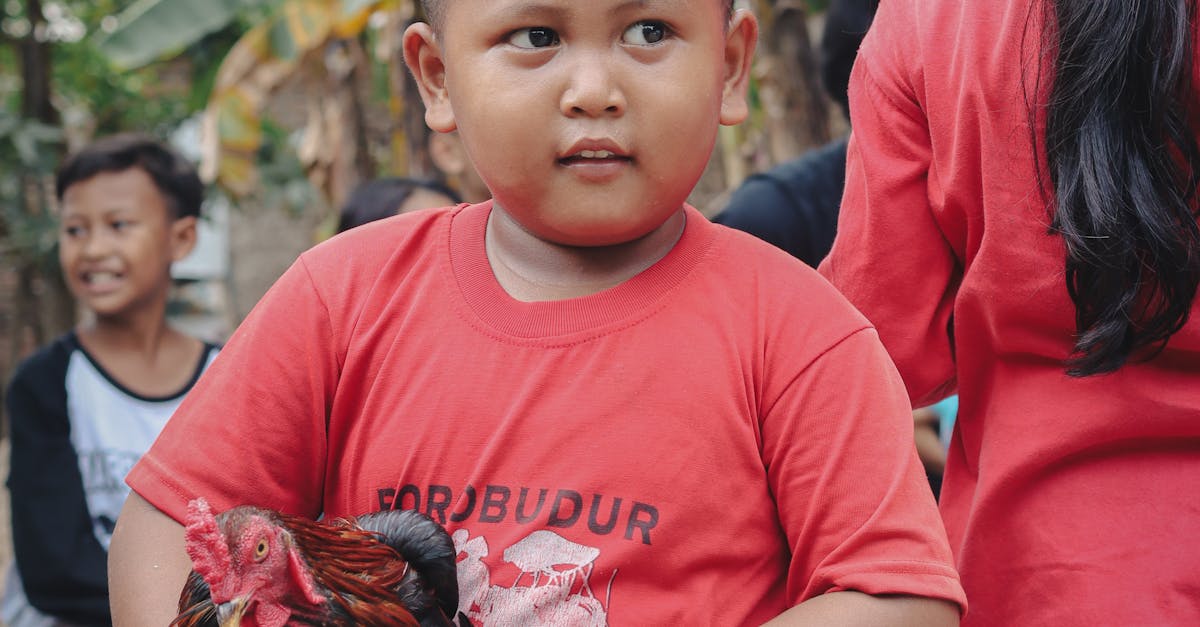Watching your kitten grow is an exciting journey, but between six months and one year of age, their development can feel like a whirlwind. Pet owners often wonder if their kitten is on track or need advice about nutrition, behavior, and care during this critical stage. Let’s explore what you need to know to keep your kitten healthy and happy as they transition into adulthood.
🩺 Vet Recommendations
By the time your kitten reaches six months, they are well into their adolescent stage. This period is marked by rapid growth, hormonal changes, and increasing curiosity. Here’s what to focus on during this phase:
- Spay or neuter surgery: Most kittens are ready for spaying or neutering by six months if it hasn’t been done already. This procedure can prevent unwanted behaviors, like spraying or aggression, and reduce health risks such as reproductive cancers.
- Vaccinations and boosters: Ensure your kitten is up-to-date on core vaccines such as feline distemper, calicivirus, and rabies. Your vet may recommend additional vaccinations depending on your kitten’s lifestyle and environment.
- Nutrition: Kittens need a diet that supports their growth. Transitioning to high-quality kitten food and monitoring portion sizes will help prevent obesity while meeting their energy needs.
- Dental care: By six months, your kitten’s adult teeth should have replaced their baby teeth. Regular brushing and dental checks are vital to prevent tartar buildup and gum disease.
Regular check-ups are essential during this phase, as your vet can track their growth, address concerns, and ensure your kitten is thriving.
📋 Care Tips
Caring for a kitten during this adolescent stage can feel overwhelming, but a consistent routine and proactive approach will make a big difference. Here are some practical tips:
- Playtime and enrichment: Your kitten’s energy levels will peak between six months and one year. Provide interactive toys, scratching posts, and climbing trees to keep them mentally and physically stimulated.
- Litter box maintenance: Ensure the litter box is clean and accessible. Adolescents may experiment with new behaviors, so staying on top of their hygiene needs is key.
- Socialization: If your kitten is meeting new pets or people, introduce them gradually. Positive interactions will help them develop into a confident adult cat.
- Training: Use this time to reinforce good habits, such as not jumping on counters or scratching furniture. Positive reinforcement, like treats and praise, works best.
Patience is critical during this stage. Kittens are naturally curious and may test boundaries, but consistent care and attention will guide them toward better behaviors.
✅ Do’s and Don’ts
There’s a lot to keep track of as your kitten grows, so here’s a quick guide to what you should and shouldn’t do during this phase:
- Do provide a balanced, high-quality kitten diet until your vet recommends transitioning to adult food.
- Do invest in toys and activities that encourage exercise and mental stimulation.
- Do schedule regular vet visits to monitor their growth and development.
- Don’t ignore changes in behavior, appetite, or energy levels, as these could signal health issues.
- Don’t feed your kitten adult cat food too early, as it won’t meet their nutritional needs.
By following these guidelines, you’ll set your kitten up for a healthy transition into adulthood.
💡 Expert Advice
As your kitten approaches their first birthday, they’ll begin to show signs of maturity. While they may still exhibit playful kitten-like behaviors, their physical growth will slow, and they’ll require fewer calories. Transitioning to adult cat food is usually recommended around 12 months, but consult your vet for specific guidance based on your cat’s breed, size, and health status.
Behavioral changes are also common. Your kitten may become more independent or affectionate, depending on their personality. Continue to provide positive reinforcement and a stable routine to ensure they feel secure in their environment.
Remember, every kitten develops at their own pace. If you’re ever unsure about their growth, behavior, or health, don’t hesitate to reach out to a veterinarian for tailored advice.
FAQs
Q: When should I switch my kitten to adult cat food?
A: Most kittens are ready to transition to adult cat food around 12 months of age. However, larger breeds like Maine Coons may need kitten food for a few extra months. Consult your vet for personalized recommendations.
Q: How can I tell if my kitten is overweight or underweight?
A: You should be able to feel your kitten’s ribs without pressing too hard, and they should have a visible waist when viewed from above. If you’re unsure, ask your vet to assess their body condition score during your next visit.
Q: How much exercise does my kitten need?
A: Kittens are naturally energetic, so aim for at least two 15- to 20-minute play sessions daily. Interactive toys, like feather wands or laser pointers, are great for keeping them active and engaged.
Book a $49 online vet consultation at https://www.dialavet.com for fast, expert advice.























